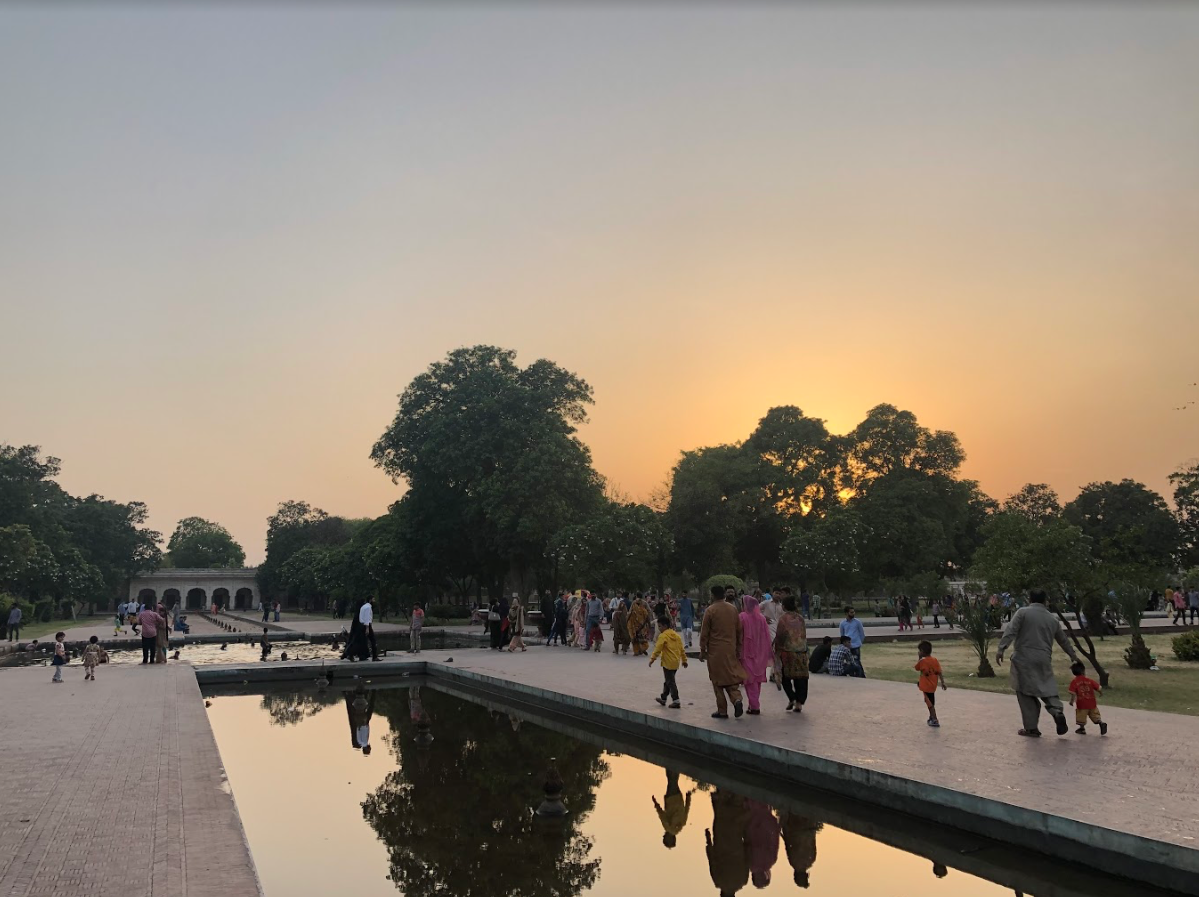Dr. Esha Niyogi De has published a new, single-authored monograph, Women's Transborder Cinema: Authorship, Stardom, and Filmic Labor in South Asia, available on University of Illinois Press' website.
You are here
AIPS-CAORC Faculty Development Seminar
The application period for the 2020 program has closed. Please check back in the fall for more information on next year's program.
Religion & Culture in the Postcolonial City
Lahore, Pakistan
May 31-June 13, 2020

Photo by 2019 Participant, Robert Soza
We recognize the immediate and growing need for professors at U.S. community colleges and minority-serving institutions to provide a global perspective to their students. These administrators and faculty understand the value of developing “internationalized” learning environments that both broaden their students’ cultural horizons and foster critical thinking, communication, and leadership skills for an increasingly interconnected world.
Seminar Overview:
Security studies, religious studies, urban studies, cultural studies, and history all have various interests in and viewpoints on Pakistan. This seminar, organized by AIPS with support from CAORC, seeks to add nuance and context to these understandings by providing participants with firsthand experiences of various cultural sites and practices in Lahore, including its medieval walled city and its colonial architectural landmarks, as well as facilitating meetings with local scholars, artists, and others. Through encountering Lahore’s urban geography, participants will glimpse how religious diversity, political struggle, and cultural expression fold into each other in this ancient city of over ten million people.
Eligibility:
Participants must be faculty members or administrators of a community college or minority-serving institution and must be available to participate for the duration of the seminar.
Currently, funding for this program is for US citizens only. Please email aips@pakistanstudies-aips.org to inquire about funding opportunities for non-US citizens.
Both full-time and part-time faculty may apply. At the conclusion of the program, participants must have developed either a proposal for a new or improved course related to Pakistan and/or provide improved student access to study abroad opportunities or virtual exchanges. In addition, participants must demonstrate how they will improve knowledge and awareness of Pakistan on their campuses and in their local communities, such as through workshops, open houses, or information sessions. Finally, participants may be asked to attend a funded follow-on workshop in the U.S. to reflect on program achievements, lessons learned, and future collaborations.
Please refer to the Department of Education or the Penn Center for Minority Serving Institutions for a complete listing of minority-serving institutions. Read and follow the instructions carefully prior to submitting your application.
